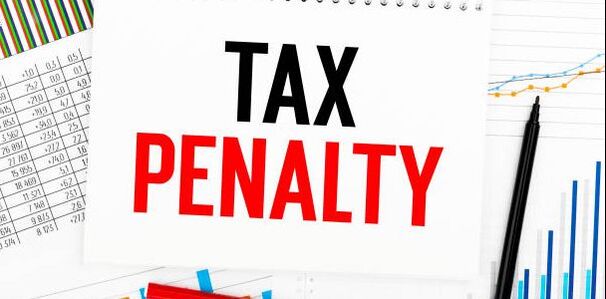|
With the ATO shifting its focus on taxpayers with outstanding tax lodgments and debts, find out how to avoid being penalised at the increased penalty rates in 2023–24. Announced as part of the 2023–24 Federal budget, increased funding has been provided to the ATO to scrutinise taxpayers who have high-value outstanding debts of over $100,000 and aged debts older than two years where those taxpayers are:
After a recent increase in January 2023 from $222 to $275, the Commonwealth penalty unit rate has witnessed yet another hike from 1 July 2023 and currently sits at $313 per unit. This means that if you fall behind on your tax lodgements you can expect the financial penalties to increase substantially. Penalties may be levied on late lodgements of returns and reports that include but are not limited to:
Small business lodgment penalty amnesty The ATO is encouraging small businesses that have overdue income tax returns, fringe benefits tax returns or business activity statements to take advantage of their lodgement amnesty that will run until 31 December 2023. Also announced in the 2023–24 Budget was the amnesty that applies to tax obligations that were originally due between 1 December 2019 and 28 February 2022. To be eligible for the amnesty, the small business must be an entity with an aggregated turnover of less than $10 million at the time the original lodgement was due. Small businesses can avail the lodgement penalty amnesty and lodge eligible overdue forms before 31st December 2023 and the ATO will automatically remit any associated failure-to-lodge penalties. Next steps To avoid being penalised at the revised higher rates for failing to lodge returns and reports, ensure you collate and send us all necessary information well before the lodgement due date so we can complete your lodgements on time. When payments are not made on time, the ATO can choose to add on General Interest Charges (GIC) to the owing amount(s). Each quarter the GIC rate is updated by the ATO. For July - September 2023, it is at 10.90% - the highest it has been in 10 years. If you anticipate delays, best practice is to engage with the ATO and tell them your situation. We can assist you with requesting an extension in lodgment due date(s), applying for remissions or if necessary, taking out a payment plan to pay off your tax debts. Remember - give us a call with any ATO queries and we can help. Comments are closed.
|
AuthorHelpful articles written by our knowledgeable and experienced team. Archives
May 2024
Categories |
Need an appointment?
Looking for help with your business? Need more time to focus on what matters to you? Need advice on growing your business? Preston Corporate provides a wide range of services designed to give you the freedom and the growth you seek.
Copyright © 2022
Located on the Ground Floor, Suite 1, 8 Preston Street, Como WA 6152
Liability limited by a scheme approved under Professional Standards Legislation
Located on the Ground Floor, Suite 1, 8 Preston Street, Como WA 6152
Liability limited by a scheme approved under Professional Standards Legislation


 RSS Feed
RSS Feed
